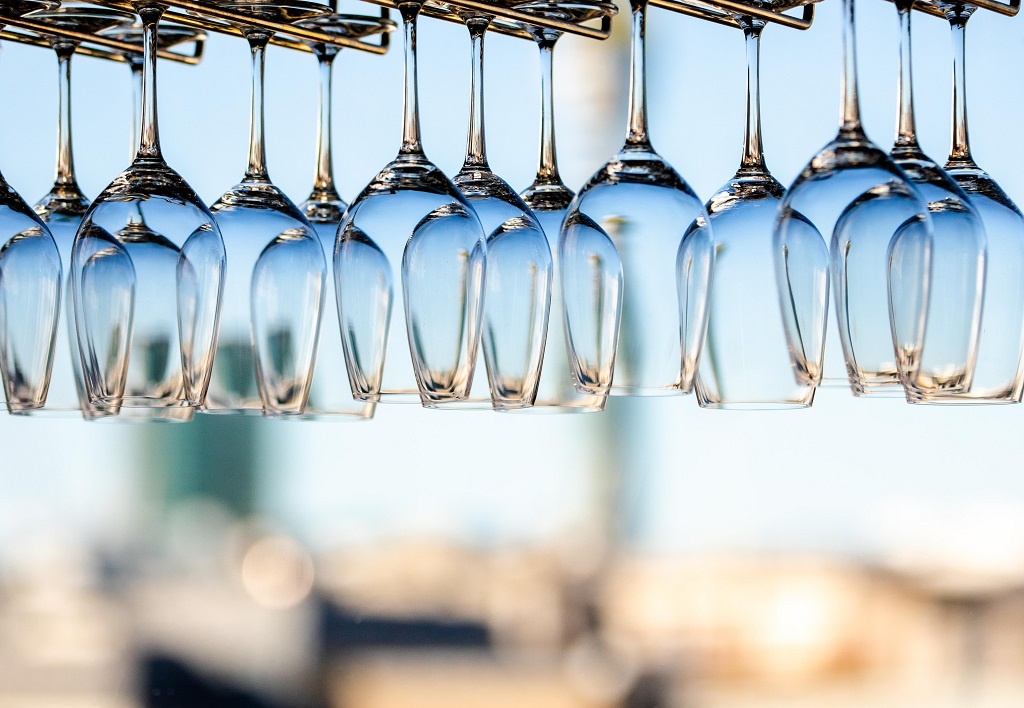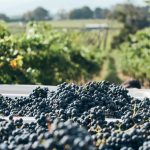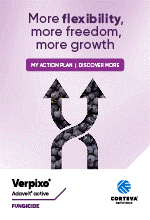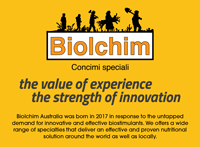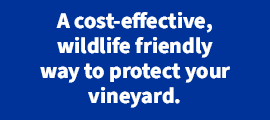The World Health Organization (WHO) released new data on Tuesday which shows the rate of taxes applied to alcohol and sugary sweetened beverages (SSBs) in countries across the globe. The WHO highlighted that the findings show a majority of countries are not using taxes to incentivise “healthier behaviours”. As a result, the organisation has issued a manual on alcohol tax policy and administration, and is calling for excise taxes (taxes designated for a specified consumer product) to be applied to all SSBs and alcoholic beverages.
Australian Grape & Wine chief executive Lee McLean responded to this suggestion, arguing that the issue warrants a more considered approach.
“Australia’s relationship with alcohol is increasingly on the right track,” said McLean. “The Australian Institute of Health and Welfare (an independent Australian Government body) data tells us this, with binge drinking and underage drinking falling over the last two decades. Indeed, Australians are drinking at a 50-year low.
“We are not supportive of blunt measures such as tax increases to curb rates of harmful alcohol consumption. We know that some people have significant problems with their alcohol consumption, and our suggested approach is to clearly identify areas where problems exist and design smart, targeted, and evidence-based policies to address them.”
According to the WHO, research shows that taxing alcohol and SSBs helps cut down use of these products and gives companies a reason to make healthier products, whilst also helping prevent injuries and non-communicable diseases such as cancers, diabetes and heart diseases. WHO recommended that excise tax should apply to all SSBs and alcoholic beverages.
“Taxing unhealthy products creates healthier populations,” said Dr Rűdiger Krech, director, health promotion, World Health Organization. “It has a positive ripple effect across society – less disease and debilitation and revenue for governments to provide public services. In the case of alcohol, taxes also help prevent violence and road traffic injuries.”
The new data shows that at least 148 countries have applied excise taxes to alcoholic beverages at the national level. Wine, however, is exempt from excise taxes in at least 22 countries, most of which are in the European region.
Half of all countries taxing SSBs are also taxing water, which the WHO said it did not recommend. Although 108 countries are taxing some sort of sugar-sweetened beverage, on average excise tax represents just 6.6% of the price of soda globally.
The WHO said that countries such as Lithuania had seen success in reducing deaths related to alcohol diseases by increasing its alcohol tax.
“Countries like Lithuania, that increased alcohol tax in 2017 to drive down consumption have decreased deaths from alcohol related diseases. Lithuania increased alcohol tax revenue from 234 million euros in 2016 to 323 million euros in 2018 and saw alcohol-related deaths drop from 23.4 per 100 000 people in 2016 to 18.1 per 100 000 people in 2018,” said the organisation.
Are you a Daily Wine News subscriber? If not, click here to join our mailing list. It’s free!

